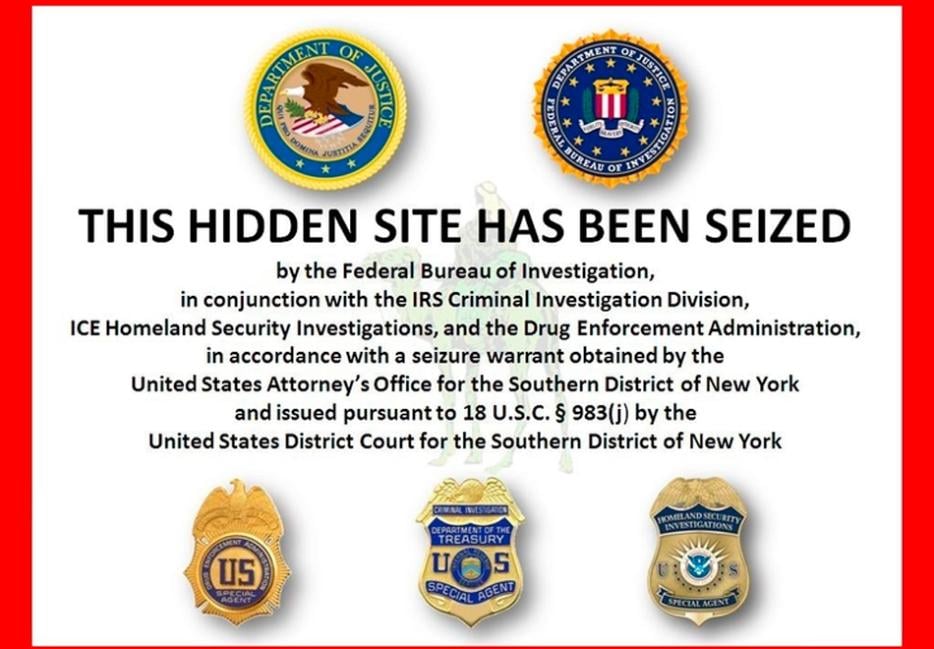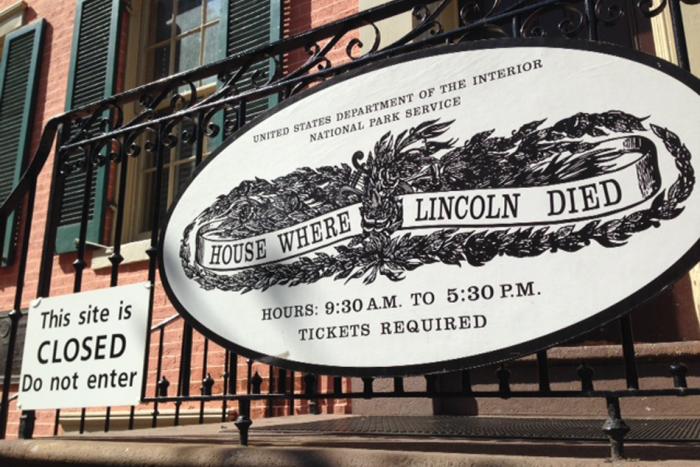The original silk road was a network of trade routes 6,000 kilometres long that linked three continents across the vast bulk of Central Asia. The mystery and majesty that Marco Polo recounted in his travels created one of the only bestsellers ever in an era before the printing press, and his journey inspired everyone from Christopher Columbus to the creators of the Uncharted video games, 560 years after the fall of Constantinople to the Ottomans cut off the Occident from the Orient.
Because the second time is farce, the website Silk Road shut down by the FBI this week was largely a hangout for drug dealers, and will probably be forgotten in 12 months’ time. But if the lessons of the copyright wars are anything to go by (remember Bearshare? Anyone?), something else will come along shortly using roughly the same tools as Silk Road, but will be run by someone at least a bit more careful than Ross William Ulbricht, AKA “Dread Pirate Roberts,” who now faces a lifetime in prison if convicted on drug distribution and conspiracy charges. (The Federal indictment against Ulbricht is some interesting reading, if only because his awareness of police investigations seems to be less than you’d get from watching HBO these days.)
This week’s events suggest that we’ve got some ways to go yet before realizing the crypto-anarchist fantasy of disappearing into the Deep Web behind layers of encryption and Tor servers, allowing us to live without regard for the laws of mere nations. Ulbricht, after all, was nabbed in part because he had someone mail him a package of fake IDs across the US-Canadian border. Customs searches will still exist in the real world for at least the foreseeable future.
Which is a long way of saying that as the distinction between the web and the “real world” becomes more and more meaningless and the Internet becomes more ubiquitous, one of its original killer apps—that ability to engage in an exchange anonymously, or at least pseudonymously—becomes harder and harder to maintain.
If anything, the events of the last year—Edward Snowden’s leaks and flight, most notably—have shown us that the tools available to law enforcement are substantially more powerful than we previously knew. Tor is almost certainly not secure from the NSA, and it’s actually difficult to imagine what could be for very long. Getting into a cryptography arms race with a government agency that has a $10 billion budget and thinking individuals will come out on top is, in its own way, as naive as the belief in the 1970s that violent radical movements could realistically stand up to the US government, which no less than Martin Luther King Jr. called “the greatest purveyor of violence in the world.” And not in a good way.
But we’ll continue to try to outwit the government, and police forces will still have lots and lots of money and resources to track down drug deals. (Yes, the simplest way to end the arms race would be to just decriminalize drugs.) In the meantime, would-be Marco Polos on the next Silk Road would do well to remember that as long as you’re looking to pay money (or even bitcoins) for something in the real world, the police have no shortage of ways to watch you.





